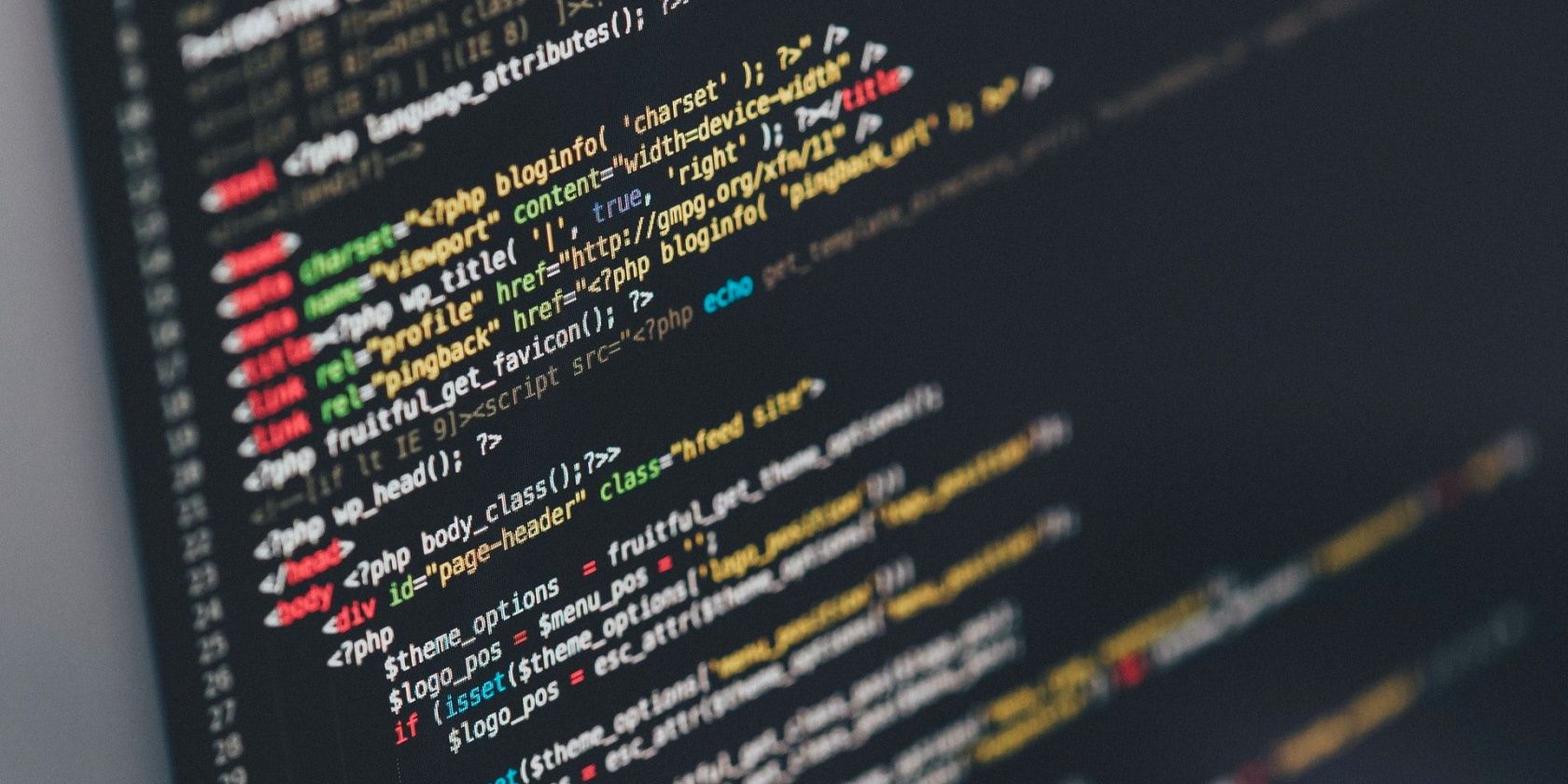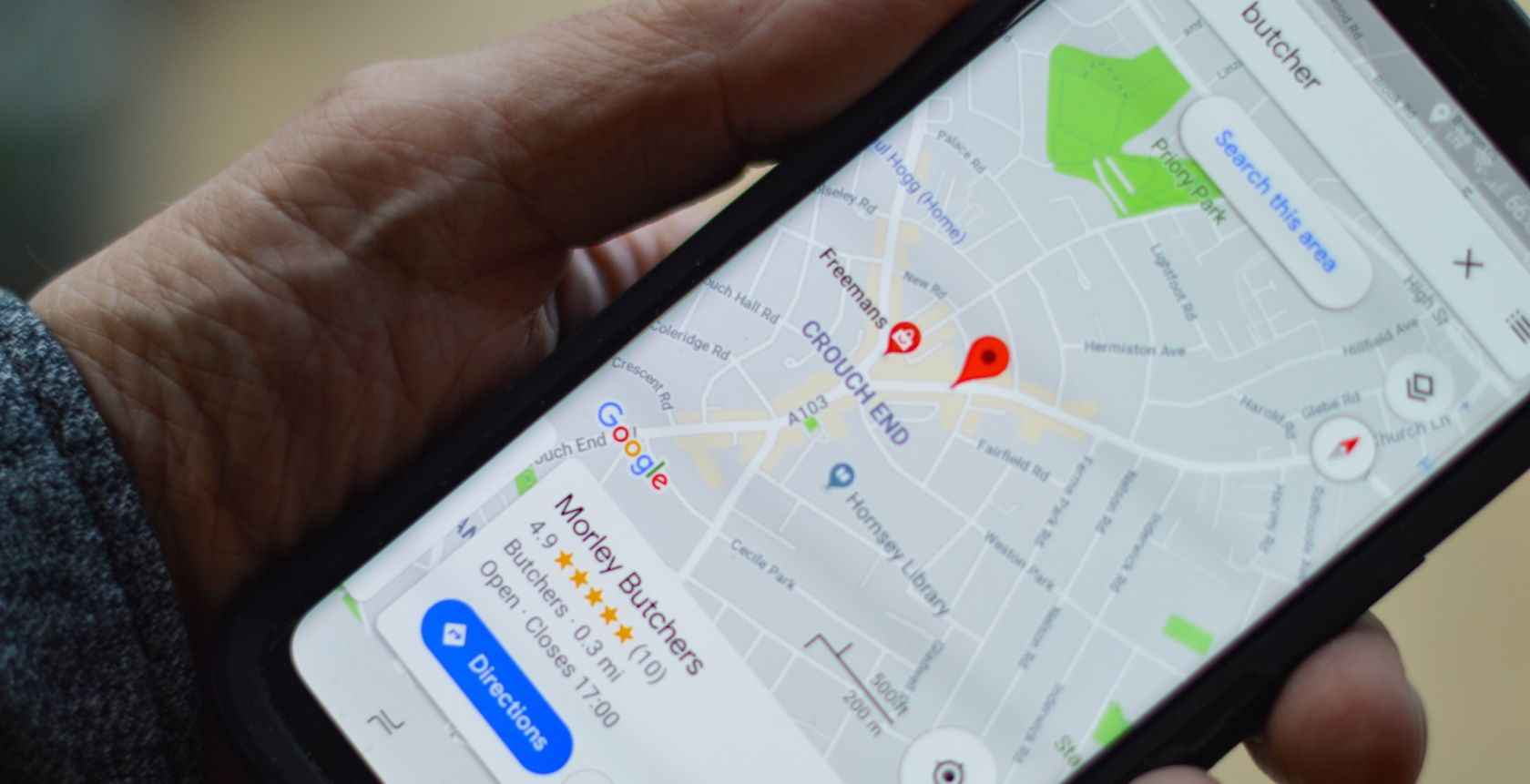The internet may seem like a faceless medium but it isn't as faceless as most people think. Cyber experts can use IP grabbers to detect your identity and location by tracking your online interactions.
IP grabbers aren't your regular IP address trackers. So, before we look at the different ways IP grabber links are security and privacy risks, let's discuss what they are and how they work.
What Are IP Grabbers?
Back in the day, scribbled codes and tons of scripts were used to detect IP addresses, but all that has changed now. IP grabbers are intuitive software tools used for spying on users' IP addresses across the internet. The best IP grabbers on the market can detect the IP address of anyone just by having them click through a generated link.
IP addresses consist of numerical patterns mixed with decimal points written in a line. These numbers are powerful enough to decipher a broad range of locations on the web. An IP tracker uses a grabber to obtain the address of web users. Still, a threat actor can't do much with just a grabber or without an IP address.
Safe to say, both IP grabbers and IP trackers work hand in hand. You need an IP grabber to detect the IP address of users. You also need the IP address of your target to identify their location.
While IP grabbers exist for ethical purposes, hackers and cybercriminals use this software in their best interest. For this reason, these grabbers are only legal for B2B purposes in most scenarios. That said, IP tracking is legal but can also be used to make illegal penetrations and acquire the private location of internet users globally.
There is no rule anywhere that says using an IP grabber is unlawful and attracts consequences. But if you must track an address of a particular target, you must obey the General Data Protection Regulation (GDPR) compliance act.
How Do IP Grabbers Work?
An IP grabber is a third-party service that allows internet users to generate a link for detecting the IP address of anyone. All you need to do is have your target click the link. The best on the market can serve you well. However, it has become a valuable resource for people with malicious intentions.
There's that one person cybercriminals want to click through their fake link IP grabber. The only way to avoid exposing your address is not to click unverified links. Fortunately, several sites let you check if a link is safe in case you're suspicious.
IP addresses are the only way your device communicates with the internet. They don't detect an exact device, address, or location but can be used as a tool for tracking web users.
Finding exactly where a web user is with an IP address is somewhat impossible. The highest you can do is get a definite country or city. These addresses are general information, more like public credentials.
Recall that thousands of internet surfers could be sharing one IP address. This still doesn't justify the act of cybercriminals that don't need to know your exact location but require a clue for one or more online frauds. Extracting your IP address is likely to expose the city you're in. This information, pieced together with other credentials, could be used to perpetrate illegal acts like impersonation and loan obtainment.
The 3 Ways IP Grabber Links Are Security and Privacy Risks
Every device has its router. It includes an Internet Protocol Address, more like an identifier that helps your device communicate with the computer. These identifiers are somewhat essential but nothing to be afraid of. There's no real reward in obtaining such procurement.
Unless the person trying to steal your IP address wishes to play silly pranks or make browsing inconvenient, IP addresses aren't as devastating as you think.
Nevertheless, your IP address is a confidential credential. Yes, most websites may have it stored in their database, but they use it for B2B purposes and to serve you well.
Below are three ways IP grabber links can help scammers dominate your private space:
1. Disabling Access to Most Websites
So, you're trying to play this online game and what you get is a pop-up notification that says, 'Access denied.' When this happens, there could be only one reason. Your IP address isn't eligible to access the game.
The same thing applies to browsing the web in general. Websites may cut you off from accessing their content. A scammer could also prevent you from taking action that disrupts their illegal activities. So, it goes both ways.
If you are doubtful of the website you're visiting, leave immediately. While most reputable websites block IP from a specific location, a few others are malicious and intend to perpetrate illegal acts. When something like this happens, take preventive measures right away.
2. Carrying Out a Denial of Service Attack (DoS)
Although DoS attacks are often targeted at popular companies with large databases, regular internet users must also become enlightened on their effects. Such an attack disrupts your network connection by flooding it with lots of data and blocking regular traffic.
When cybercriminals don't want you to act on a specific site, they introduce this attack. And, of course, performing a DoS attack requires obtaining IP identifiers of targeted candidates. If your IP address is made available, this illegal act becomes easy to carry out. The best you can do is to visit only reputable websites.
3. Detecting Your Geographic Location
Your IP address could give out your location, maybe less definite like your country and state. It could go as deep as phishing out your exact neighborhood in rare scenarios. While this means little or less to most internet users, it signifies a red light for a few others.
Imagine a stranger with your location and Internet Service Provider (ISP) directly extracted with your address. IP grabbing also contributes to discovering the ISP of just about anyone. Although this information might seem too basic, it's valuable to criminals when pieced with other private details.
Shield Your IP Address Against IP Grabbers
Now that you know what IP grabbing is about, you need to get one thing straight: An IP address alone can't reveal your identity, exact location, or device. It has to be pieced together with other credentials to perpetrate a criminal act. That said, there's a solution for those still concerned about the adverse effects of IP grabbing.
Using a Virtual Network Provider (VPN) works best for bypassing IP grabbers. A VPN conceals your valid address and assigns a random identifier. While scammers utilize IP grabbing in the best way possible, it's still part of a regulatory and compliance system for most websites. This is why you see rule-breakers get banned by some website administrators.





